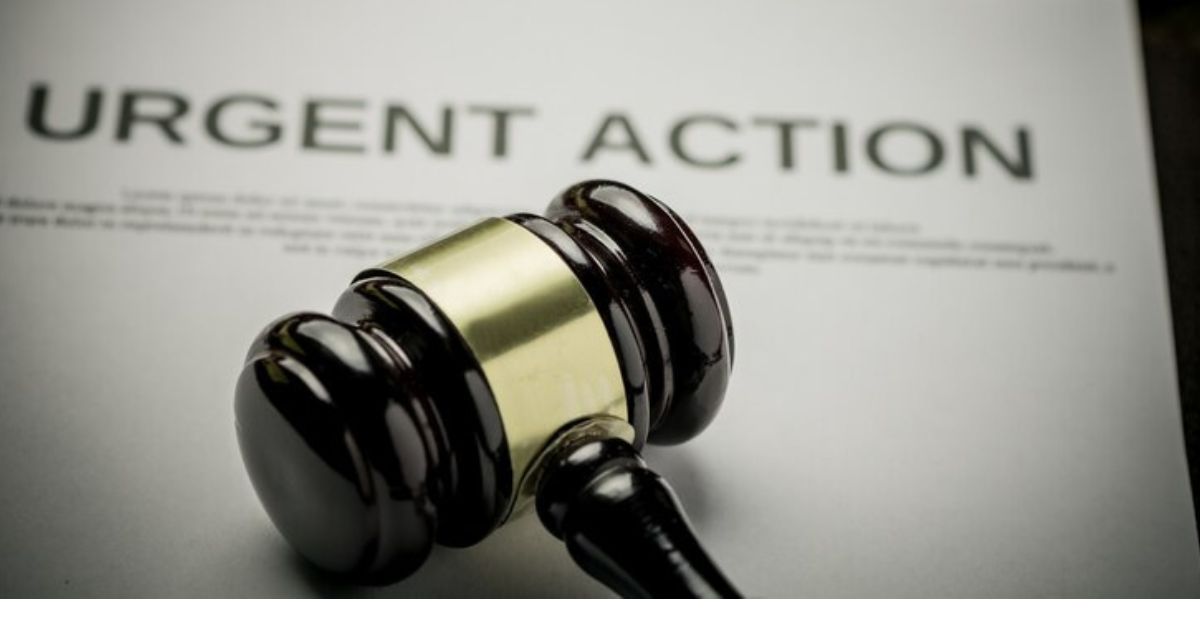No business runs smoothly without conflicts, be it private limited or franchising. Sometimes, in franchising, conflicts emerge between the franchisor and the franchisee. If conflicts are minor, they can be dissolved by mutual agreement. But in some cases, they must contact the court process.
At this time, to get franchise legal advice is essential. Franchise legal advice helps them navigate complex contracts and avoid costly mistakes.
Know the Franchise Agreement
A franchise disclosure document is a lawful document that outlines the terms, conditions, and obligations necessary to uphold the franchise partnership.
The franchise (franchise owner) and the franchisee (franchise purchaser) must adhere to the regulations and terms specified in this contract, which ensures that both parties comprehend their legal rights and duties.
What Does the Franchise Agreement Include?
- Information about franchise fees and ongoing royalties.
- Respective duties of both the franchisee and franchisor.
- Renewal conditions and agreements term
- Training and support provided by the franchisor
- Guidelines for maintaining brand standards
- Termination conditions
Understanding the Need for Franchise Legal Advice
Disputes between franchisors and franchisees are not uncommon and demand careful handling. Understanding the legal perspective related to how franchise agreement works is crucial. When you are unable to understand the agreement, this will create problems. However, seeking legal advice from a lawyer and reviewing your contract details from them can help.
Why Legal Advice Matters
Franchise agreements are not always straightforward to understand. It might involve conditions that are usually hard to understand. If franchisees finalize a deal without proper legal guidance, they can face several issues in the future, such as:
- Sometimes, contract disputes regarding the terms can create conflicts.
- Franchisees do not follow the actual ethics drawn by the franchisor.
- Franchisors may terminate the contract prematurely.
- The franchisor may ask for extra franchise tax and royalties over the decision.
- The franchisor may dispute the needed supplies from the brand.
If the victim party does not get franchise legal advice, it may result in significant financial loss and reputation damage.
Benefits of Consulting a Franchise Lawyer
Hiring a legal franchise lawyer means investing in a business’s secure future. Lawyers ensure that your rights are upheld and that you understand your responsibilities according to the agreement, which can help avoid legal pitfalls. Lawyers can also obtain better terms for you.
Legal Recourse For Franchise Conflicts
Resolving franchise conflicts using legal guidance is a formal procedure that entails bringing the issue to court. Alternative dispute resolution methods like mediation or arbitration are formally recommended before resorting to litigation. Litigation may be required if other resolution efforts have been unsuccessful. Here is a summary of the legal options and factors to consider when resolving franchise disagreements:
- The franchise agreement is thoroughly assessed to comprehend the rights and obligations of both parties. This also indicates the jurisdiction for legal conflicts and the procedure for legal action.
- Franchisees and franchisors look for attorneys specializing in franchise law to offer legal guidance, evaluate their cases, and advocate for them in legal proceedings.
- A party who wants to sue against another party can file a complaint in court. The complaint details the accusations made and the desired outcome.
- Both sides’ lawyers collect evidence and request documents to support their case. These actions move through pre-trial motions, trials, and court appeals procedures.
- In its ruling, the court can award damages and specific performance.
- Parties can reach an agreement at the final point during the legal proceedings. Settlement talks could escalate closer to the trial date.
- The winning party can also choose to seek additional legal actions to guarantee compliance if the decision or agreement is not followed.
Look For the Right Franchise Lawyer
When searching for an expert franchise lawyer, you should mention the following points:
Qualities to Look For
When you choose a franchise lawyer, you must look at the qualities:
- They have specific expertise and experience in franchise law, not in general business law.
- They should be familiar with the prospects and complexities of franchising.
- They must understand your business goals and can work well with you.
- They must have good communication skills and be eligible to explain legal terms thoroughly to you.
Tips for Choosing a Lawyer
Here are some tips to find the best lawyer for franchise legal advice:
- Research online, read reviews, check previous case results, and ask for referrals from friends and family.
- Take advantage of a free consultation with potential lawyers. Discuss your needs with them and determine whether they fit your needs.
- Ask for their fee structure. Understand how much their services will cost and how you can pay.
Wrapping Up
Seeking franchise legal advice is crucial to safeguarding your business and its future prosperity. You can effectively prevent expensive errors by gaining a deep comprehension of the franchise contract and obtaining assistance from legal professionals. This is successfully navigating the intricate world of franchising. Hiring a reliable franchise lawyer is a wise choice that can protect your business and give you peace of mind.




